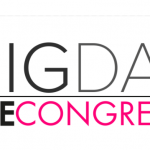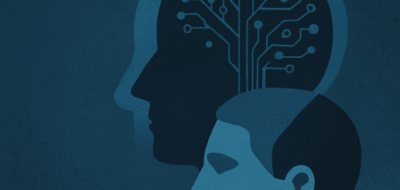Big Data conferences gather mostly technological experts and computing specialists, and although technology enabled us to collect and process the large amounts of information, the second, often omitted factor, driving the trend, is human behavior.
It turned out, that people, once given the tools and possibility, discovered great fondness for sharing the most intimate information with the rest of the world. People share most private data voluntarily. The propensity for social media exhibition encompasses even the information about their children, habits and family details. As statistics show, Facebook has now 1.3 billion active users (64% of them visit the site on a daily basis spending an average of 20 minutes). Yearly, almost half a trillion photographs is uploaded to the internet, and 100 hours of video uploaded to YouTube every minute.
What’s more, people widely transmit private data across globe using accessible communication layers like gps devices, wifi networks, observation drones, network connectors and warbles. The amount of data being transmitted through an optical fiber doubles every nine months. To satisfy the growing needs, worldwide storage density doubles every 8 months. The number of IP-enabled sensors will exceed 50 billion by 2020. People are using them to access, analyze and store data often without even thinking of them.
The data we share, sometimes very carelessly, are subject for analysis on our behaviors, preferences, every day life choices, likes and dislikes. All of these threads of information tangle creating the picture of the future evolution, disclosed thanks to Big Data. For sure the perspective of human behavior sciences on Big Data could bring fresh insights.
The conclusions are aftermath of the Big Data conference hold in Warsaw in April 2016.







